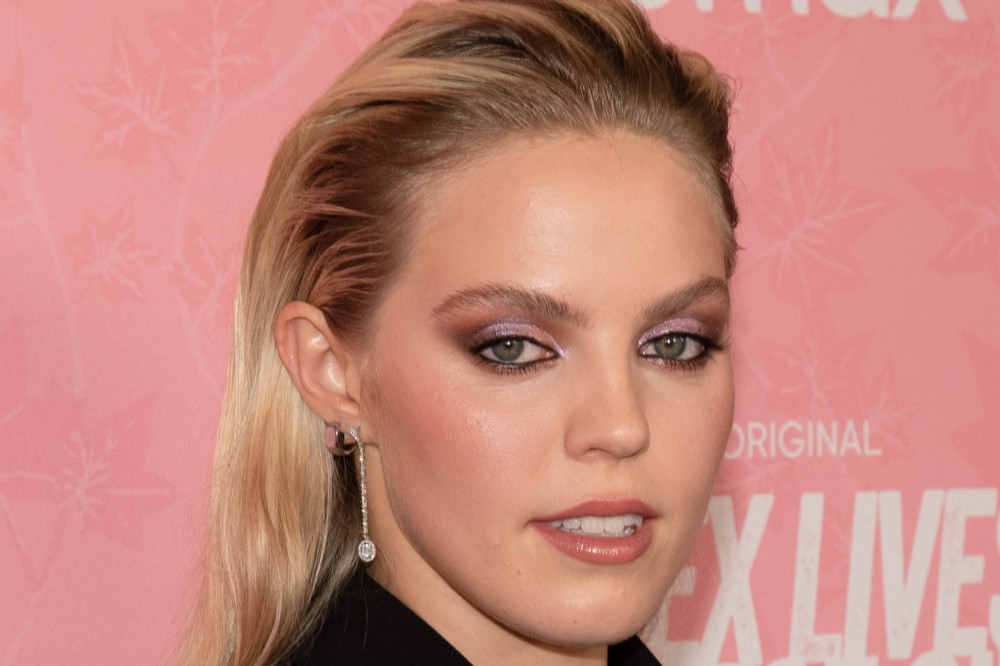Renee Rapp has blasted "witches" who refuse to accept her evolving understanding of her own sexuality.

Renee Rapp blasts people questioning her sexuality
The 'Mean Girls' actress has hit out at those who have questioned her identifying as a lesbian in recent months after previously describing herself as bisexual in past interviews.
In a blunt post on X, formerly Twitter, she wrote: "If I say I’m a lesbian I am a lesbian and if someone says they’re bi they are bi I’ve had enough of you witches."
Last month, the 24-year-old star opened up on her journey of self-discovery as she started to realise that she was gay, not bisexual.
She told The Hollywood Reporter: "I’ve only recently started referring to myself as a lesbian, and I’ve only recently been in a relationship where I’m like, 'Yeah, I’m a lesbian for sure'.
"I'm watching all these movies and parts of gay culture, specifically lesbian culture, and I’m like, 'I love this.' "
Her role in 'The Sex Lives of College Girls' - which she quit during the its third season - also impacted her when she rewatched a scene where her character Leighton came out as gay.
She recalled: "I would call my friends and I’d be like, 'I think I'm a lesbian, but I really love my boyfriend. I would want to be with him, but I see him more as a friend'.
"So not only was I doing that on the show, publicly, in a big way to so many people, and my family, who had no idea that I was gay, I was also going through it personally."
Renee previously admitted she feels a "responsibility" as a queer celebrity.
She previously told The Independent newspaper: "There’s an inherent responsibility. If you’re somebody who has any sort of visibility as a queer person, right?"
She added: "You want to be careful and respectful and inclusive and really honest. I was freaked out when it started becoming this public thing.
"Also, I was making it a public thing. I still go through this now - I was speaking to my girlfriend this morning, being like, ‘Oh my God, I talk about being gay so much,’ and beating myself up for it, but then I’m like, ‘What am I beating myself up for? What are these internalised homophobic remarks I’m saying to myself?’"

